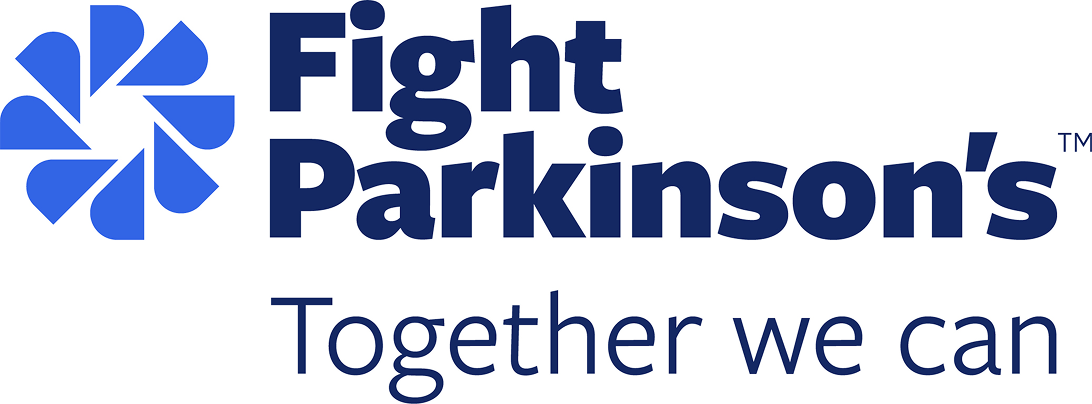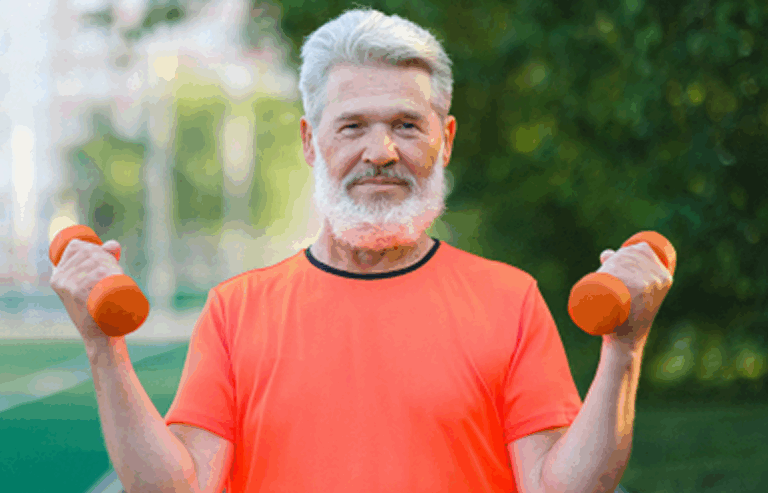Exercise is a very important part of helping to manage the symptoms of Parkinson’s. Second to medication, it’s probably the most important thing you can do to stay well.
As Parkinson’s progresses, people tend to move less, and the muscles and joints can become stiff and weak. Exercise helps people with Parkinson’s to maintain their movement, co-ordination, and balance skills, as well as improving quality of life.
The benefits of exercise
Exercise benefits all people with Parkinson’s, regardless of how long you have been living with the condition. The precise benefits of exercise are dependent on the type of exercise you undertake and how far Parkinson’s has progressed.
Exercise can help with aspects of your movement, including:
- Coordination
- Strength
- Flexibility
- Balance.
Exercise can also help with other aspects of your physical health such as:
- Heart and lung function
- Weight loss
- Joint pain
- Bone strength
- Sleep and energy levels
- Constipation and bowel function.
Exercise can also help with your mood and emotional health. It can help you to:
- Reduce depression
- Lower rates of anxiety and stress
- Gain a sense of achievement
- Improve feelings of control.
In positive news, recent research suggests that exercise seems to protect the dopamine-producing nerve cells that are lost in people with Parkinson’s.
Getting started
Speak with your GP or specialist. They can suggest suitable fitness activities or tell you if there are any health issues that might restrict your ability to undertake an activity/exercise.
It’s recommended to speak with a physiotherapist before you start exercising. This is particularly important if you have had Parkinson’s for many years, or if your movement is substantially impaired. Physiotherapists can help you to develop an exercise program that is suited to your specific condition and needs. This is a good way to get started on an exercise program that is tailored for you.
Be prepared
- Set yourself a goal
This will give your exercise regime purpose and direction. Use the SMART principle to assist with goal setting: Specific, Measurable, Achievable, Realistic and Timeframe. - Choose a form of exercise that you enjoy
This will help you to remain motivated to keep exercising and working towards your goals. It might also be helpful to find a friend or group that you can exercise with. This is another good way to stay motivated. - Begin with exercise that is gentle and easy
Over time your fitness will improve, and you can slowly increase the level of difficulty. - Exercise regularly
Try to make exercise a part of your regular daily routine to achieve the best benefits.
Types of exercise
Some types of exercise seem to be particularly well suited to people with Parkinson’s. These include:
- Brisk walking
- Swimming
- Cycling
- Dancing
- Stretching
- Strengthening exercises (resistance exercise)
- Yoga
- Tai Chi
- Meditation
- Parkinson’s specific rehabilitation program
Regardless of which type of exercise you choose, the main thing is that you exercise regularly
and consistently.
Useful tips
As a general rule, any exercise is better than no exercise at all. However, there are some precautions that you should consider:
- Begin exercising slowly
- Don’t overdo it
- Stop immediately if exercise causes pain
- Listen to your body and learn when it’s time to stop
- Exercise at a time of day when you’re not feeling tired
- Avoid exercising during ‘off’ periods
- Wear comfortable shoes that have good support
- Use a walking aid if you’re unsure about your balance
- Drink water while you exercise to stay hydrated.



